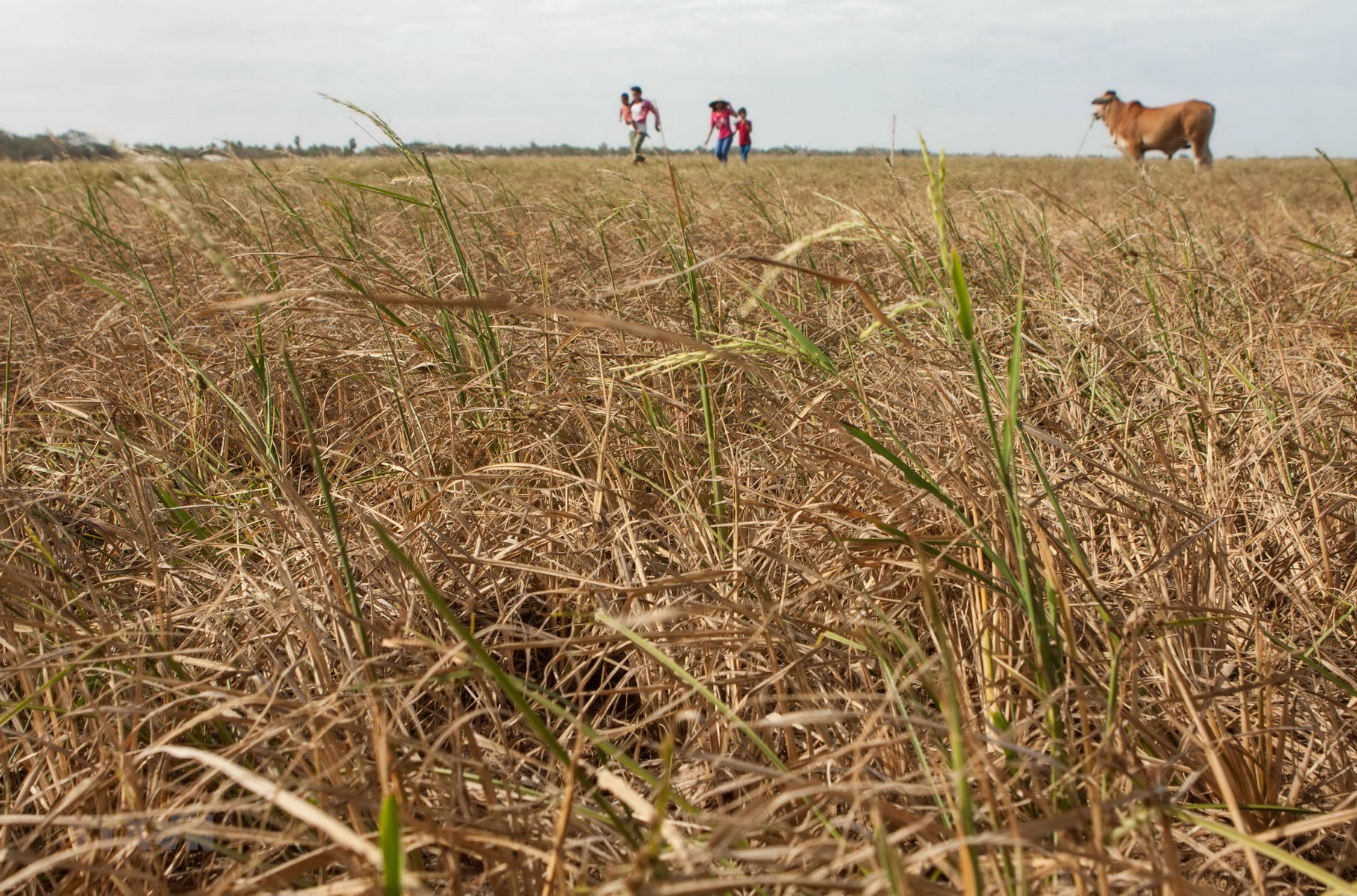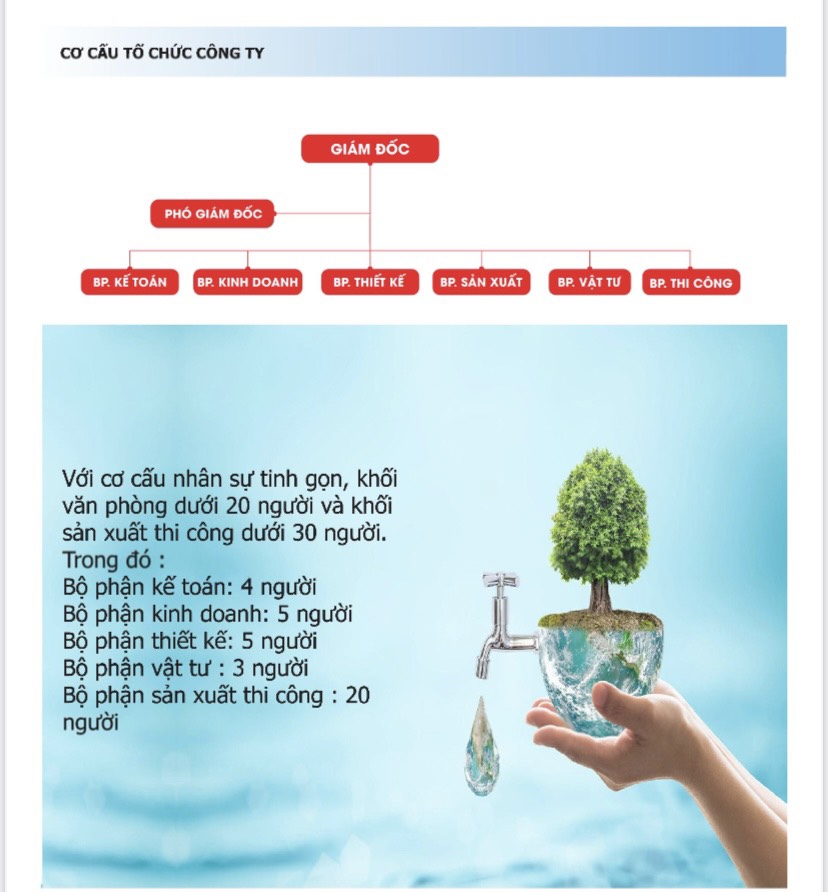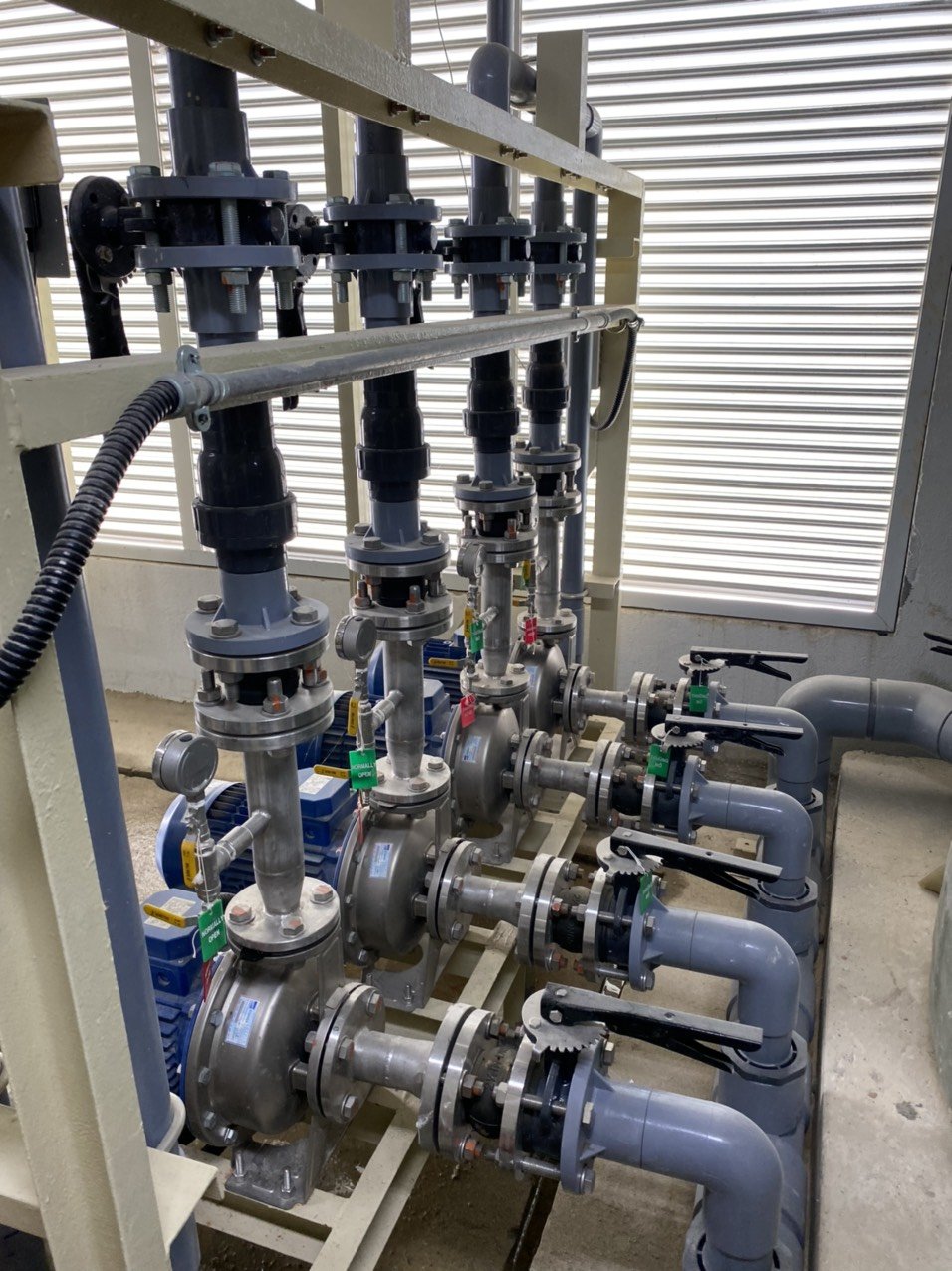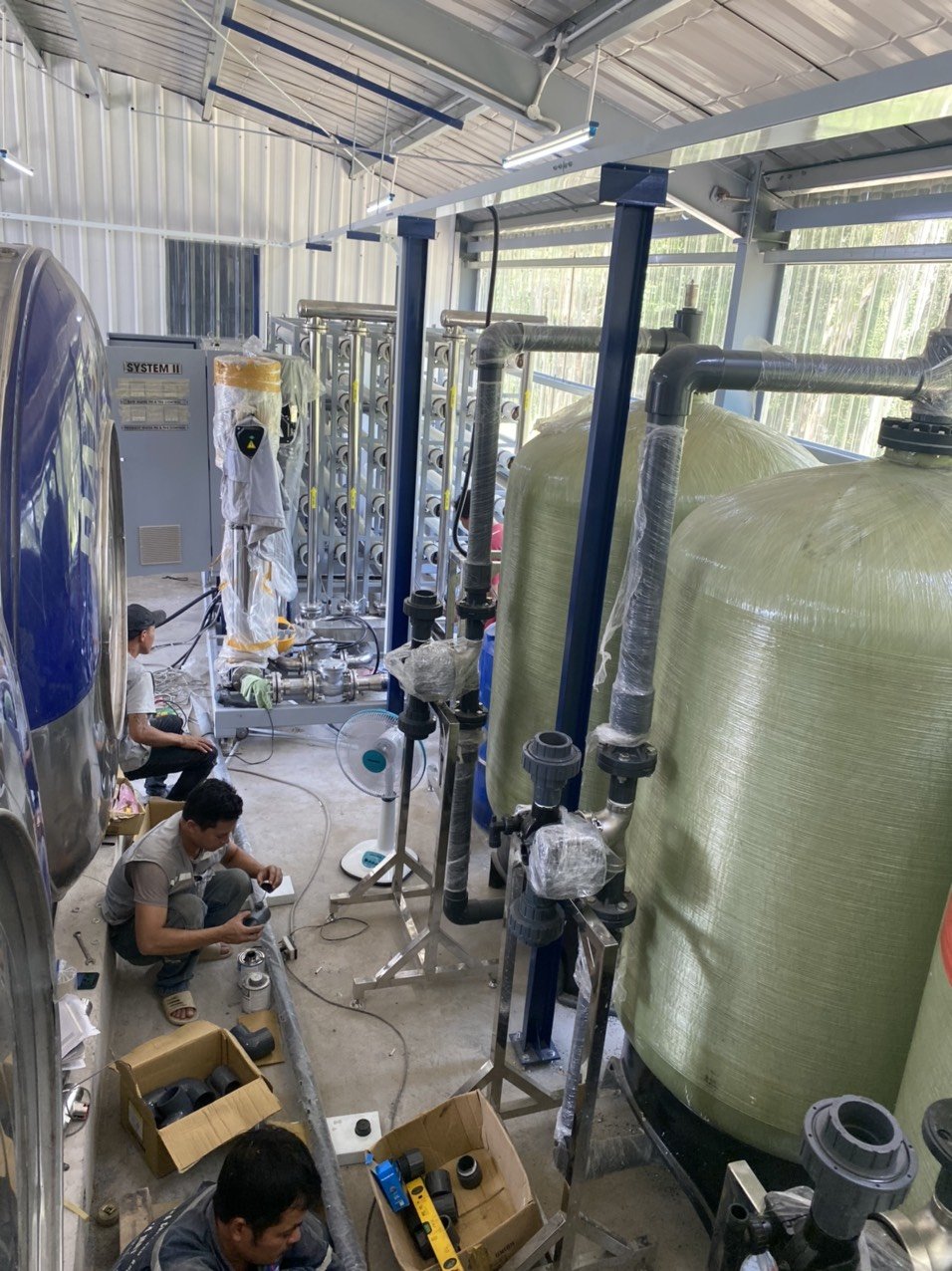Water is the premise for life on Earth, deciding the existence of people and creatures on Earth because no living thing can exist without water.
Water plays an essential role in sustainable development, ensuring socio-economic development, food security and healthy ecosystems, and is also a key factor in reducing the global burden of disease. and improve the health, well-being and productivity of the community.
Access to clean water and sanitation in daily life is recognized as one of the basic human rights.
According to estimates by the United Nations, the world currently has 2.2 billion people without access to clean water, showing a long and arduous journey for the world community to be able to achieve the goal. Sustainable development goal number 6, which is to ensure water and sanitation for all by 2030.
This year's World Water Day 22/3, with the theme "Water and Climate Change", has highlighted the biggest barrier to securing water for the world.
Last month, the US Geological Survey (USGS) reported that the flow of the Colorado River has decreased by 20% compared to the last century. The Colorado River is the source of water for more than 40 million people living in seven southwestern states, including major cities such as Denver, Los Angeles, Las Vegas and San Diego, as well as farms in the United States and Mexico. agricultural products for millions of people around the world.
It is the river that supports about $1 trillion in economic activity each year, and according to the USGS warning, "Without this river, American cities in the Southwest will dry up and disappear."
The Colorado River is not the only water source in the world at risk. A recent report from Rutgers University, USA, shows that sea level rise is salinizing the Delaware River, the source of drinking water for the city of Philadelphia.
Bolivia's Lake Poopó in early 2016 dried up almost completely after years of continuous decline in water levels, resulting in a disaster for the wildlife and fishing activities of neighboring people.

There are many causes for the disappearance of water resources, including both human and natural factors, but scientists find that climate change is the main factor.
Climate change is changing the water cycle in nature, thereby causing extreme weather events, reducing water resources, reducing water predictability, reducing water quality and threatening development. sustainable development, biodiversity and human rights to safe water and sanitation worldwide.
While water resources are threatened, the world's population increases, pushing up the demand for water, leading to an increasing risk of depletion of this resource as well as negative impacts on the environment.
Looking further ahead, water shortages also lead to a frightening risk, which is an increase in violent conflicts stemming from water security. An article in DW estimates that conflicts involving water have more than doubled in the past 10 years compared with previous decades.
At the end of 2019, the World Resources Institute, in cooperation with many international organizations, developed the Global Early Warning Tool for Water, Peace and Security – an online interface that analyzes data on violent conflict. , as well as dozens of economic, environmental and social indicators, to help identify hot spots that are likely to turn to violent conflict during the year.
The results show that when determining where problems can arise, water availability is an important factor in sparking conflicts. Drought is one of the factors driving the violent conflict in Darfur (Sudan) or instability in Mali.
The theme of World Water Day 2020 - Water and Climate Change - has been chosen to reflect in a timely manner the impact of climate change on water resources and also the close relationship between these two factors and their impact on people and society.
According to the United Nations, climate policies of countries and regions must take an integrated approach to climate change and water management. Pressure on water supply requires stronger decisions about the allocation of water resources in use activities. To ensure a sustainable future, continuing the status quo is not an option and water management needs to be scrutinized through the lens of combating climate change.
Countries need to increase investment in improving data, institutions and governance, education and capacity development, risk assessment and knowledge. Policies should ensure the representation, participation, behavior change and accountability of all stakeholders, including the private sector and organisations.
Solutions include protecting carbon sinks such as oceans and wetlands, adopting climate-friendly agricultural techniques, and increasing water reuse in safe and rational ways; invest in energy technology, save energy, and promote change in wasteful behavior through awareness campaigns.
This year's World Water Day comes at a special time, the outbreak of the COVID-19 acute respiratory infection pandemic has caused many marking events to be canceled or postponed. However, with the slogan "Everyone has a role", this year's campaign wants to emphasize the message that even in everyday life, there are many actions for us to contribute to creating change. .
Lake Chad, one of the largest lakes in the world, also disappeared after decades of dwindling water, plunging some 30 million people in Chad, Cameroon, Niger and Nigeria into a food crisis.















